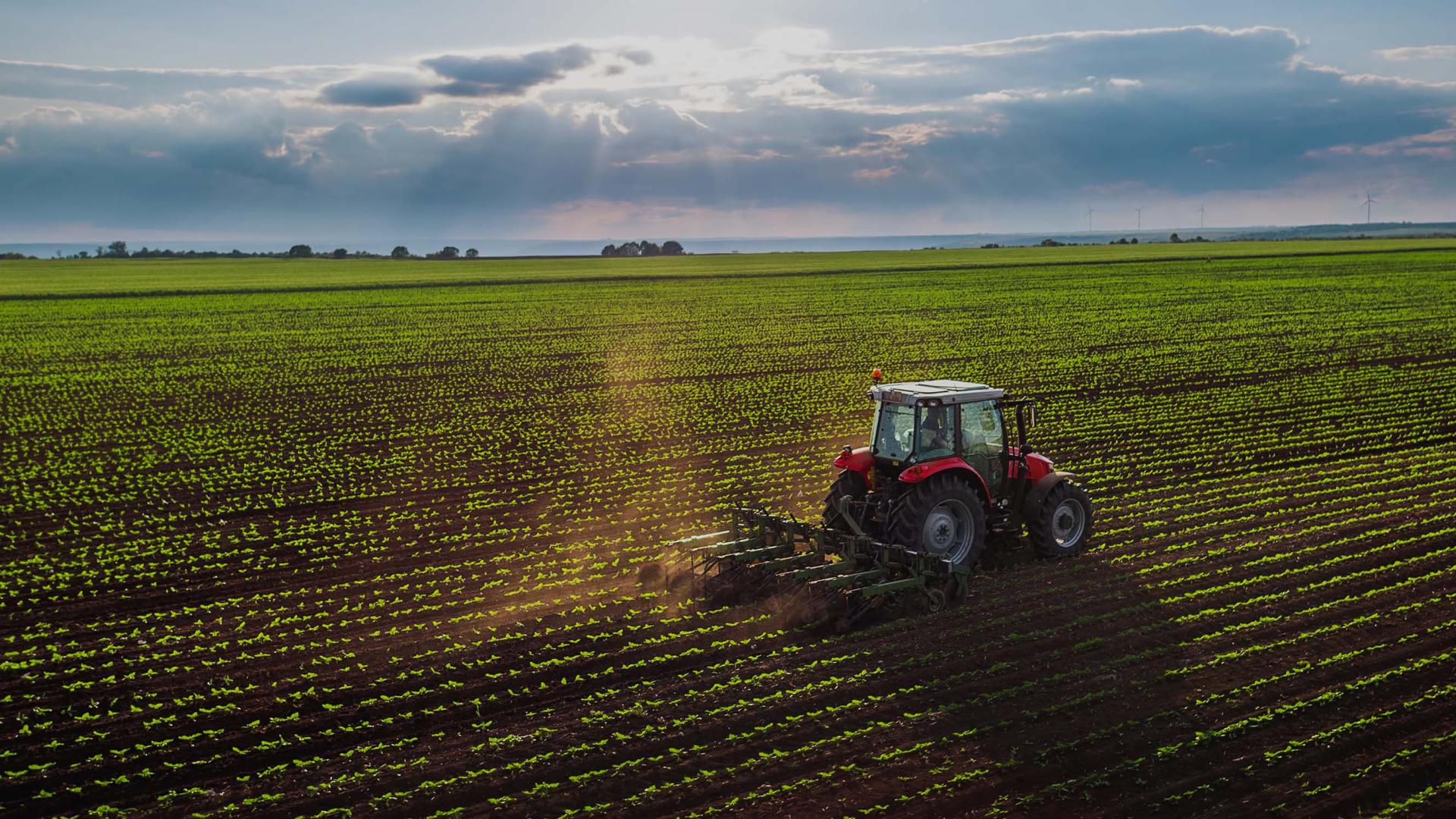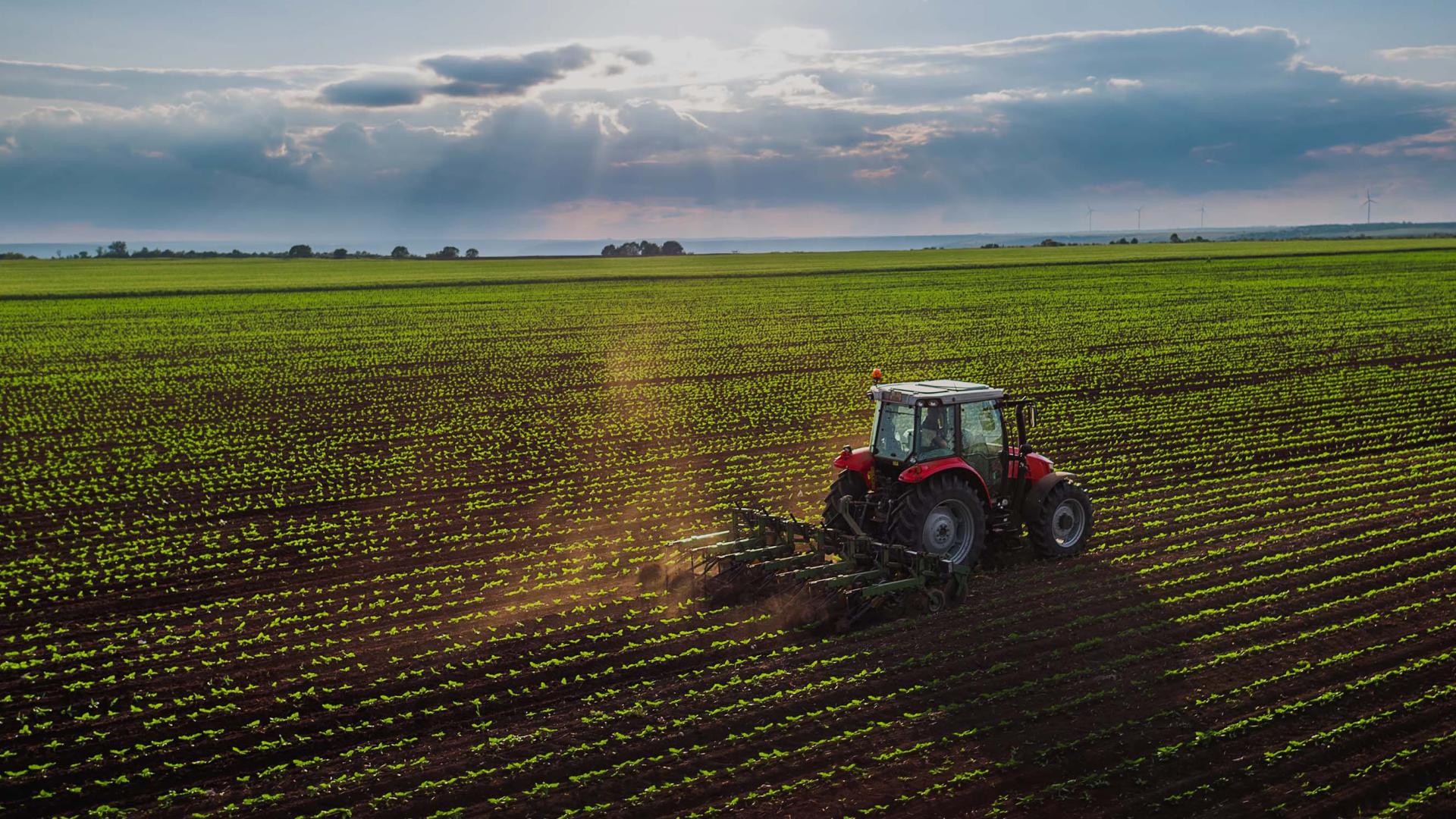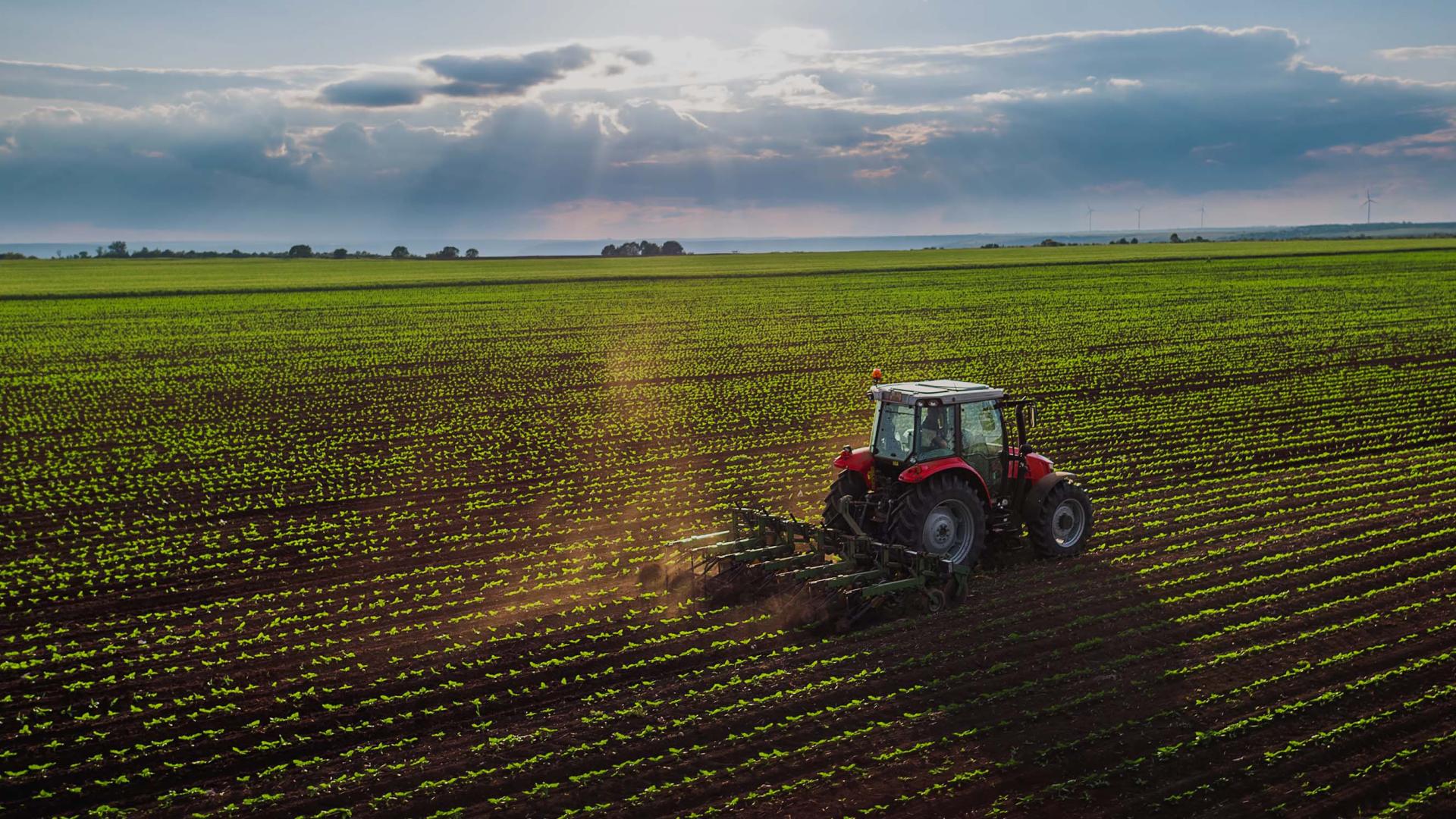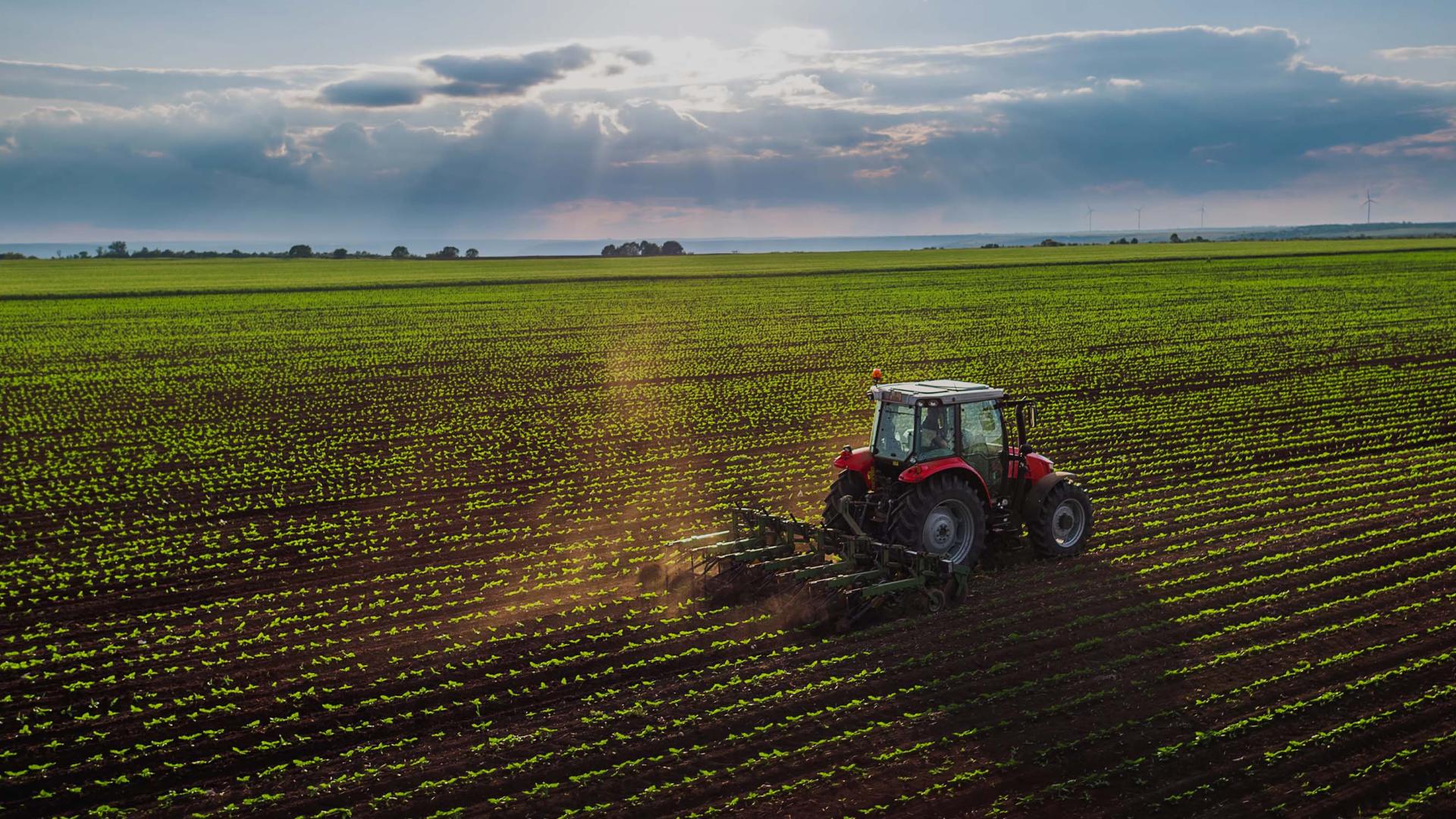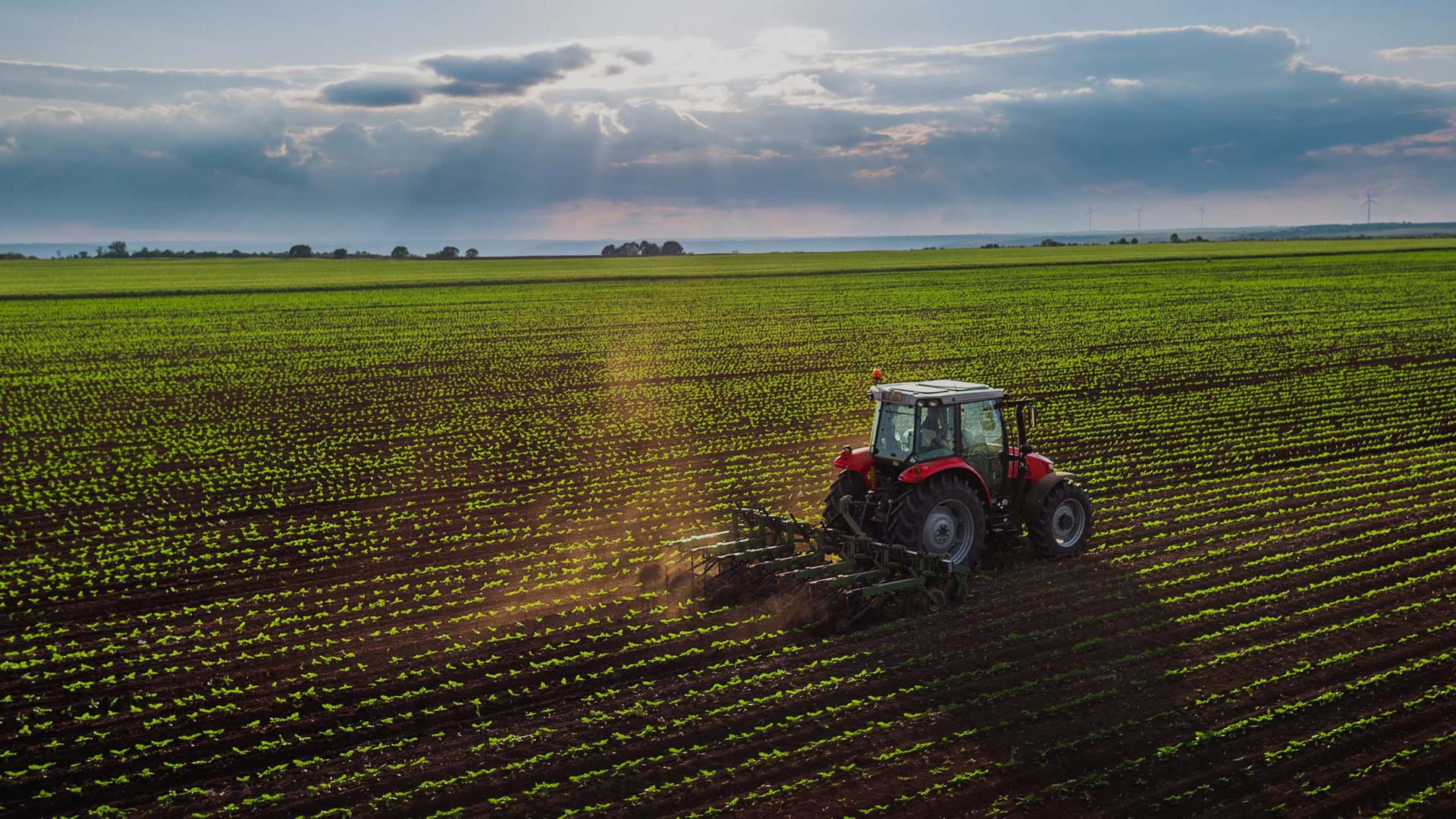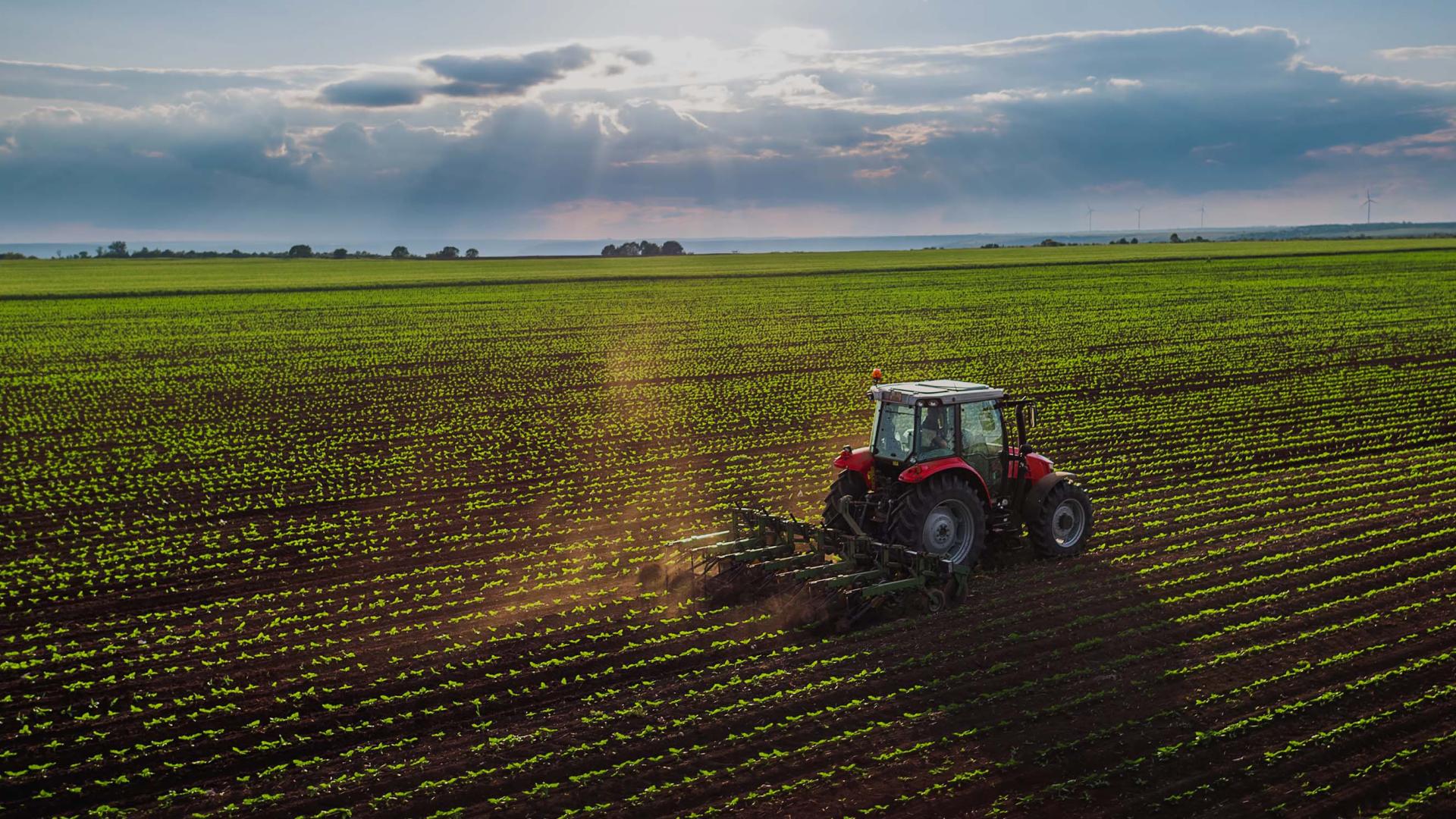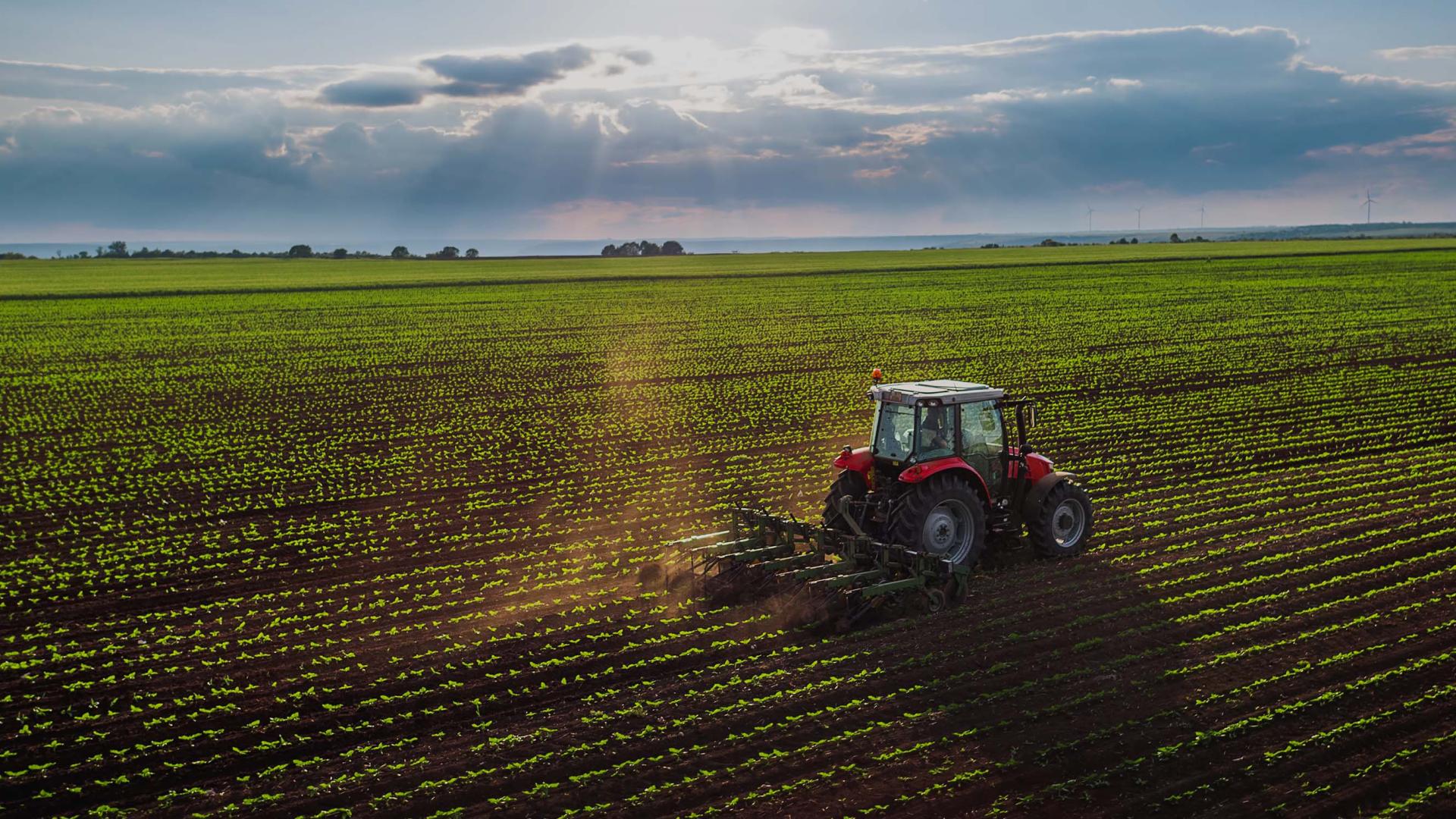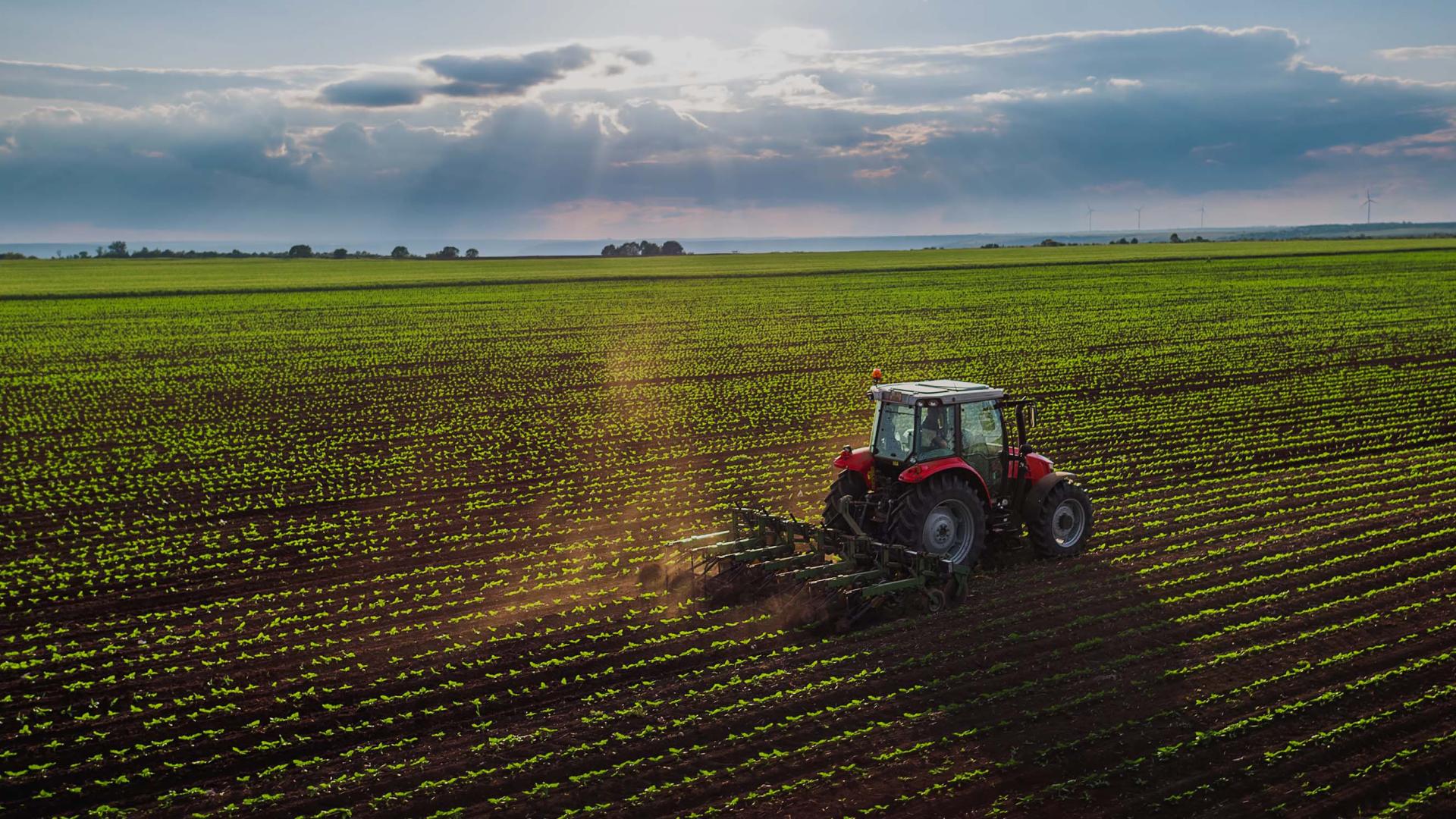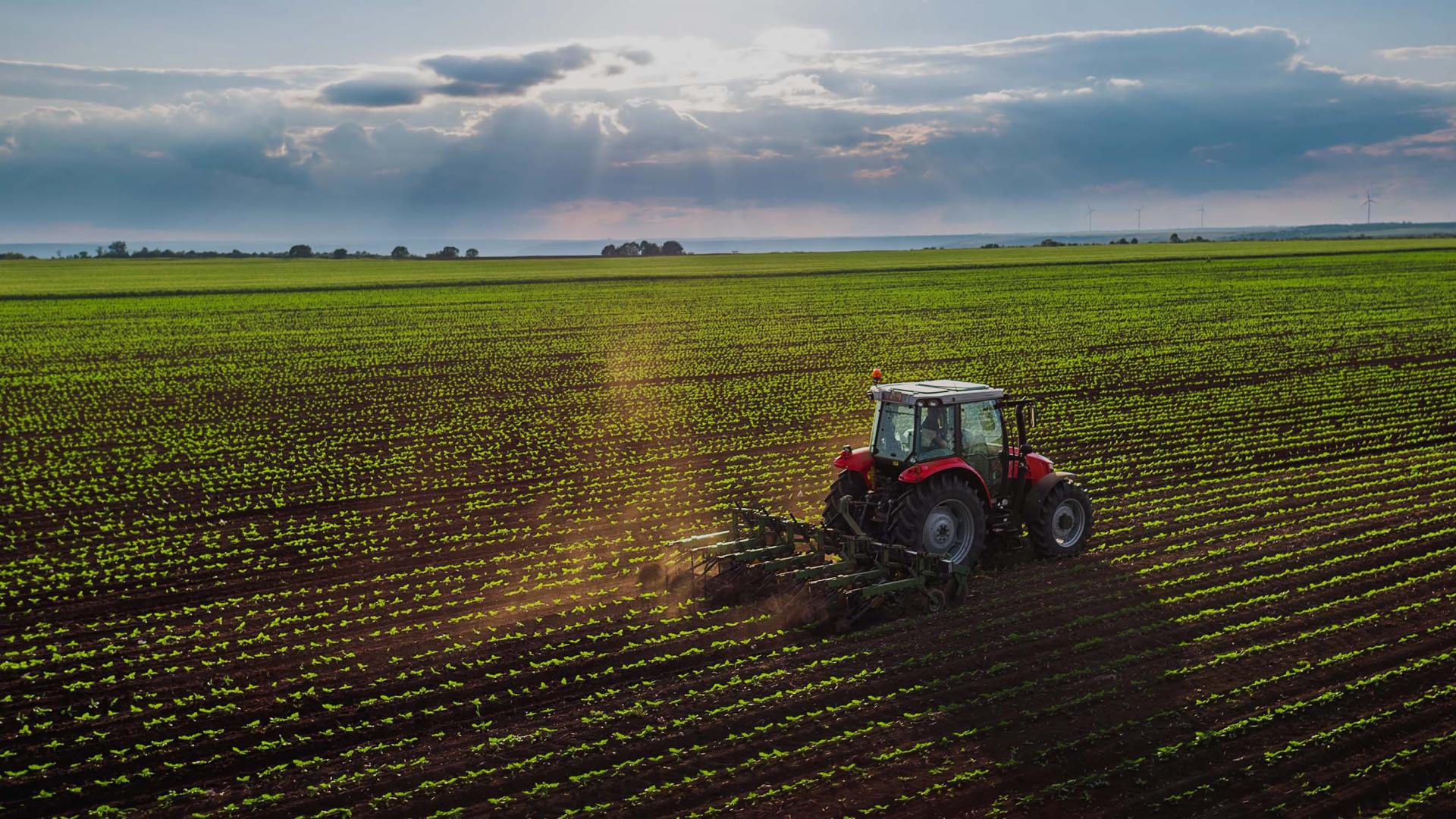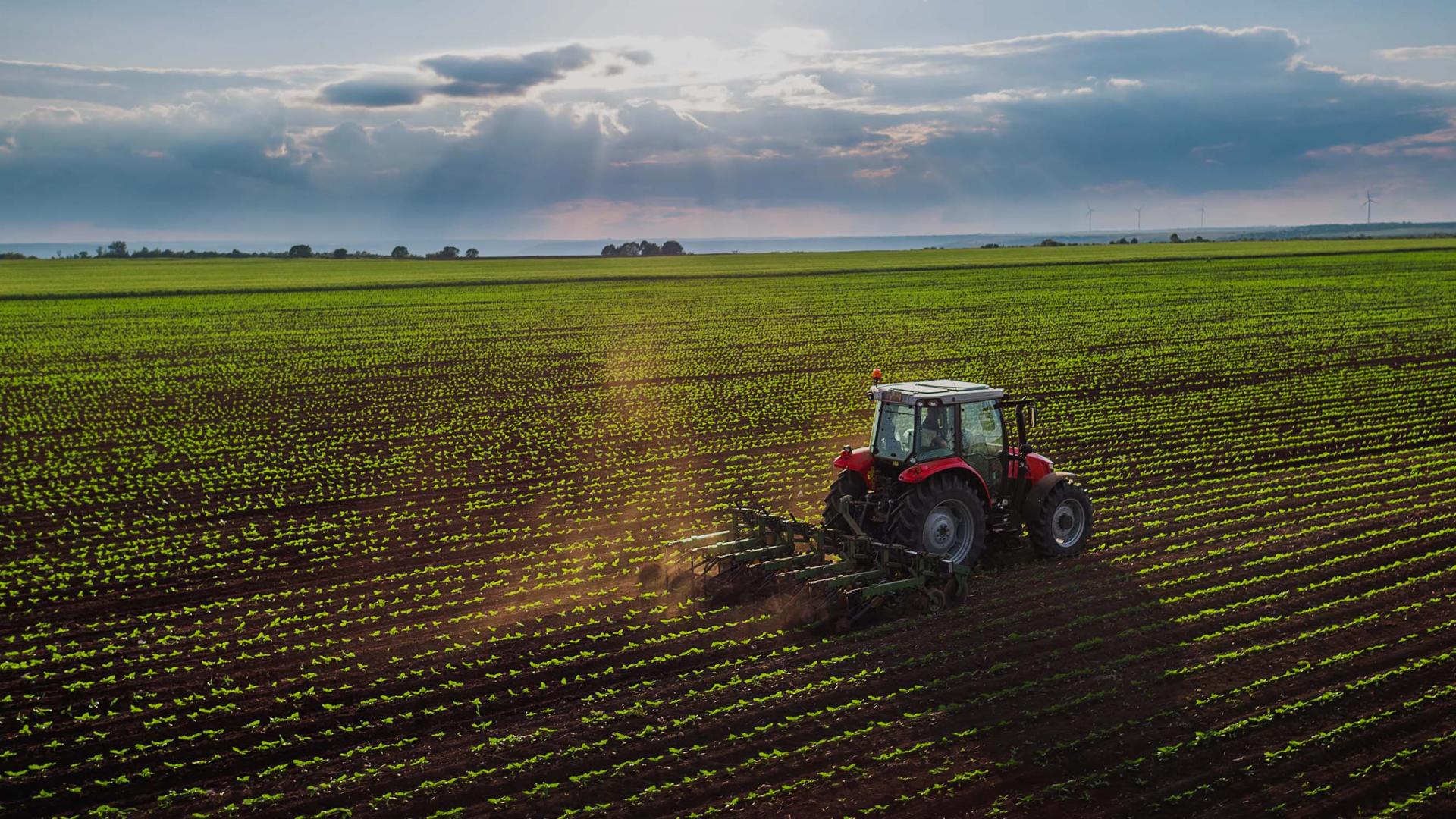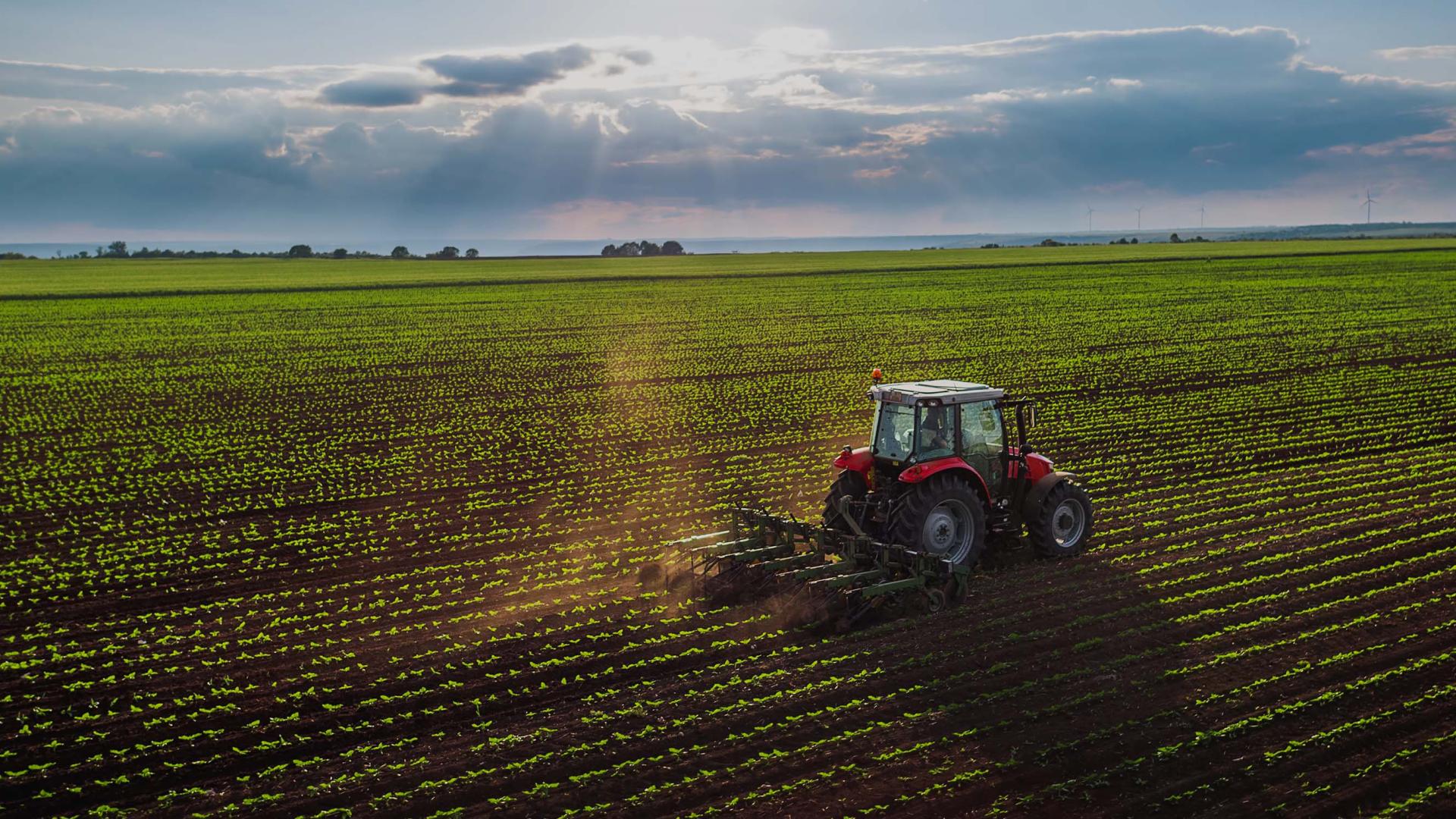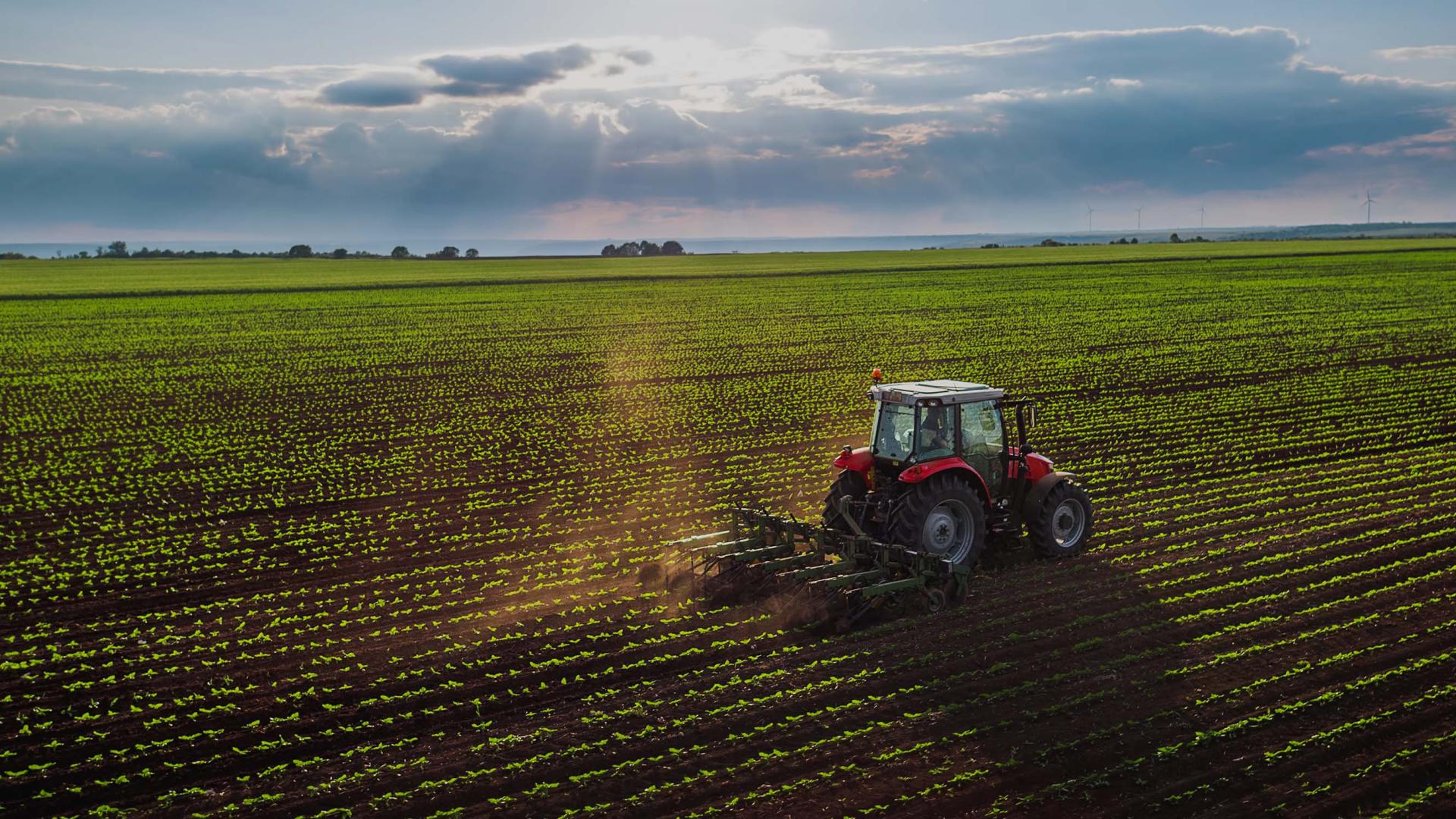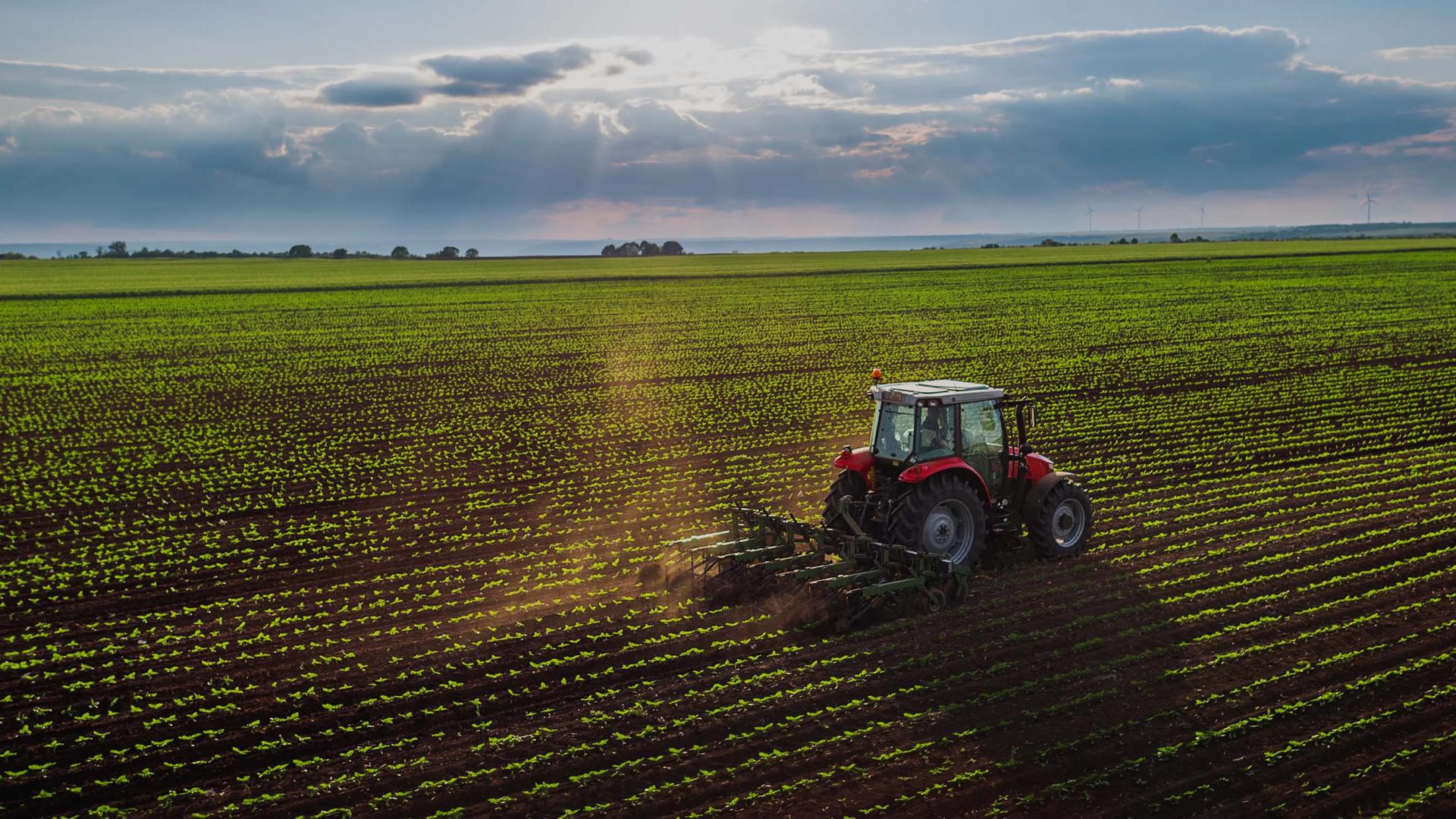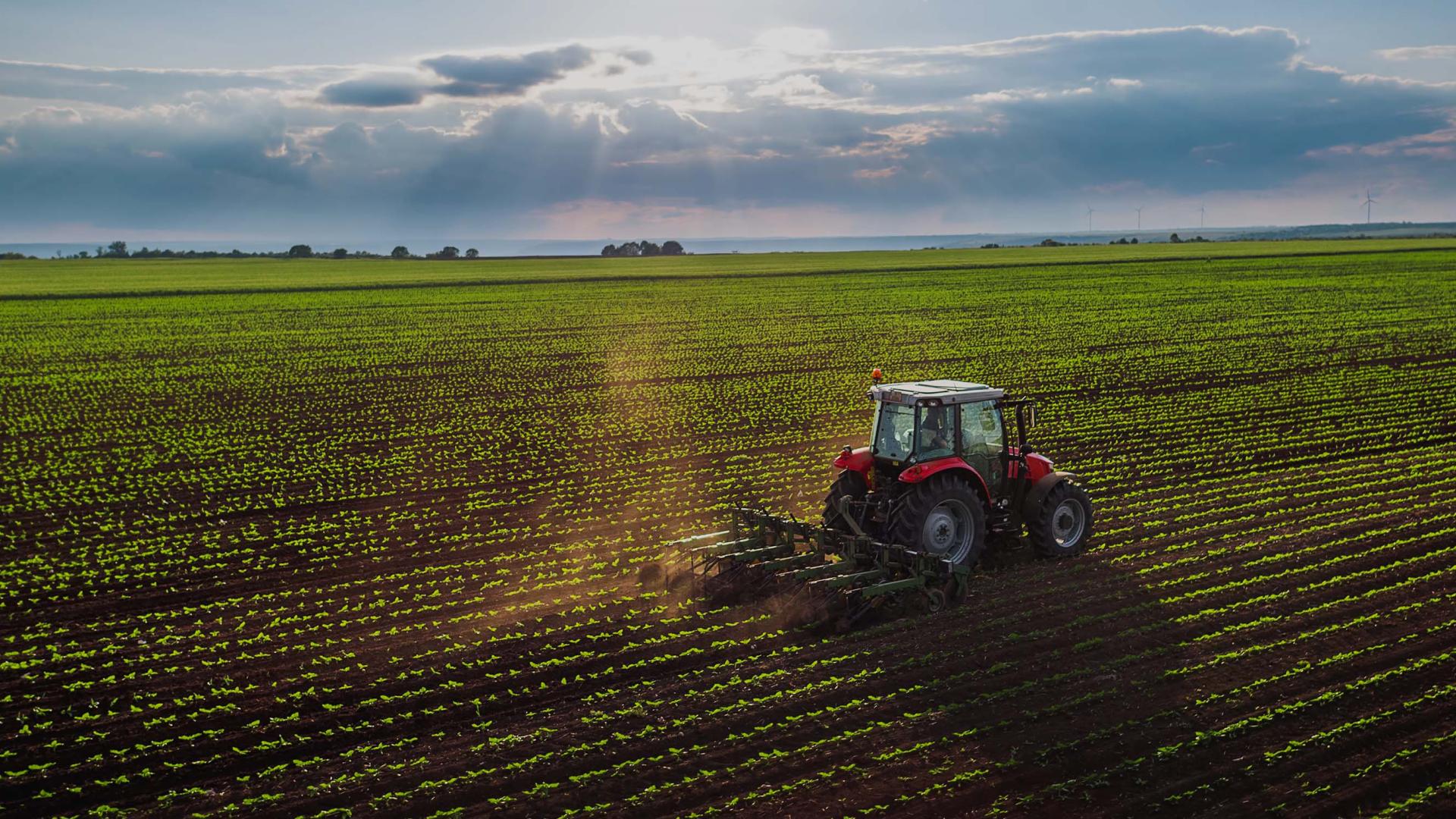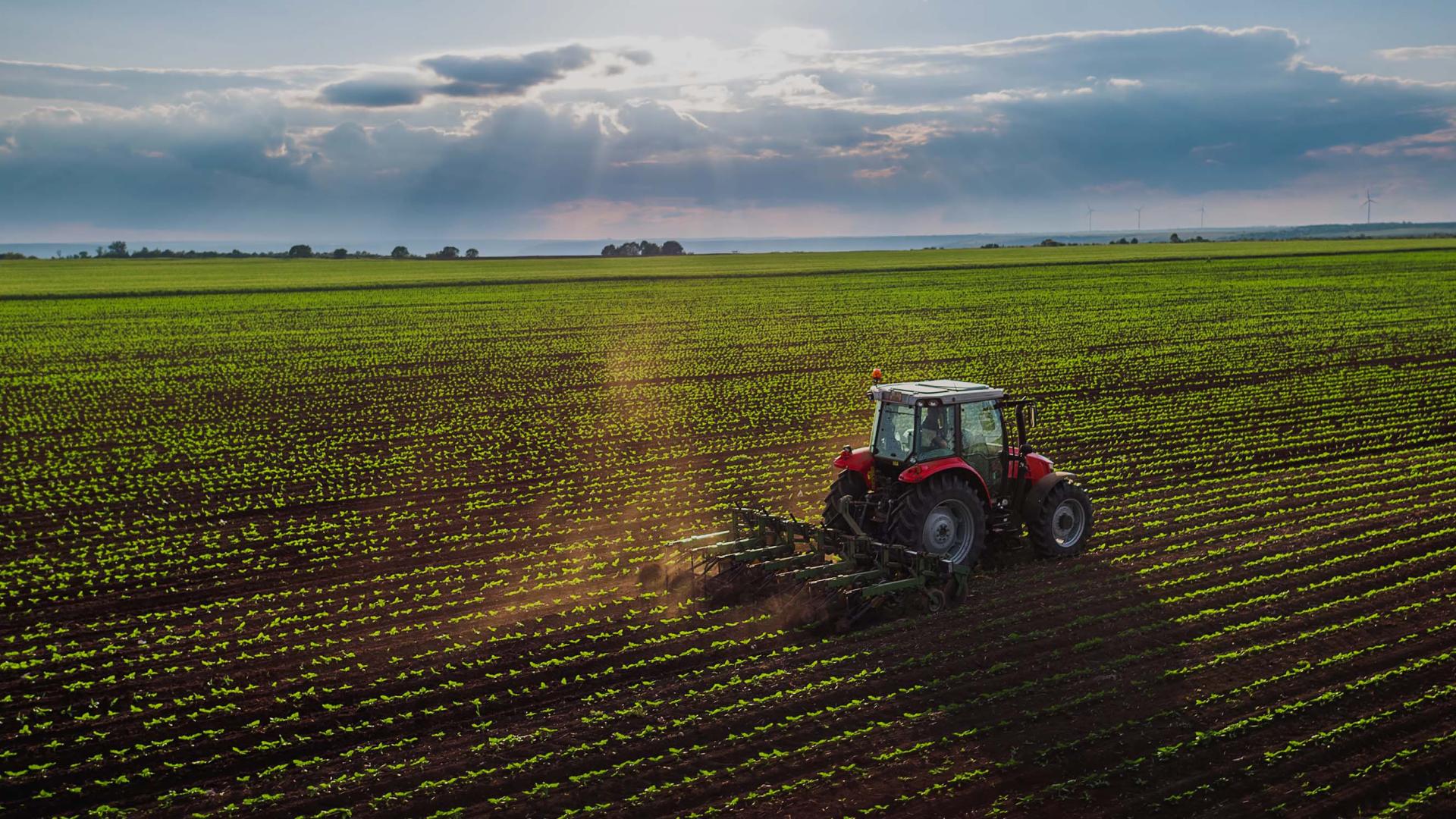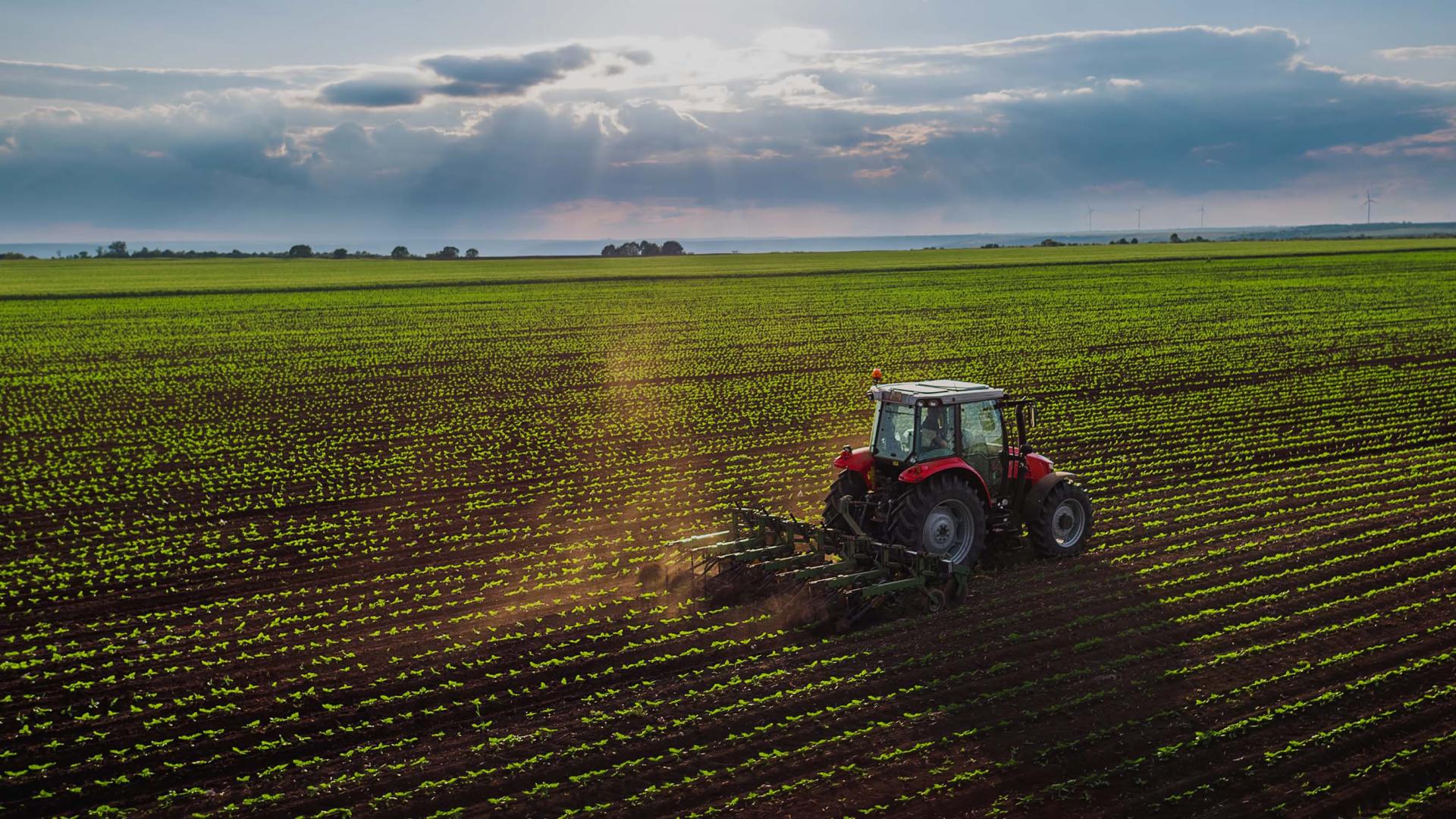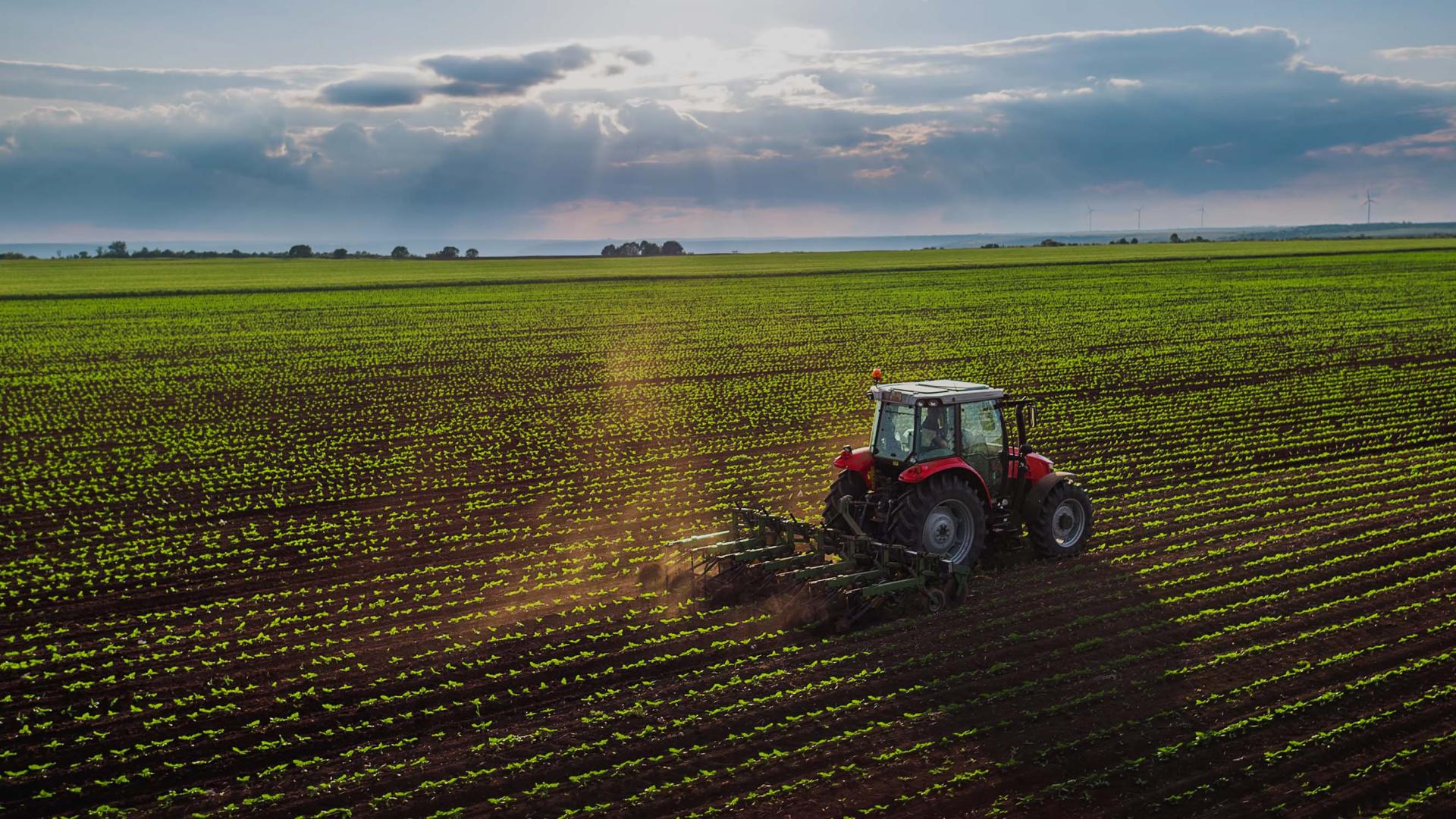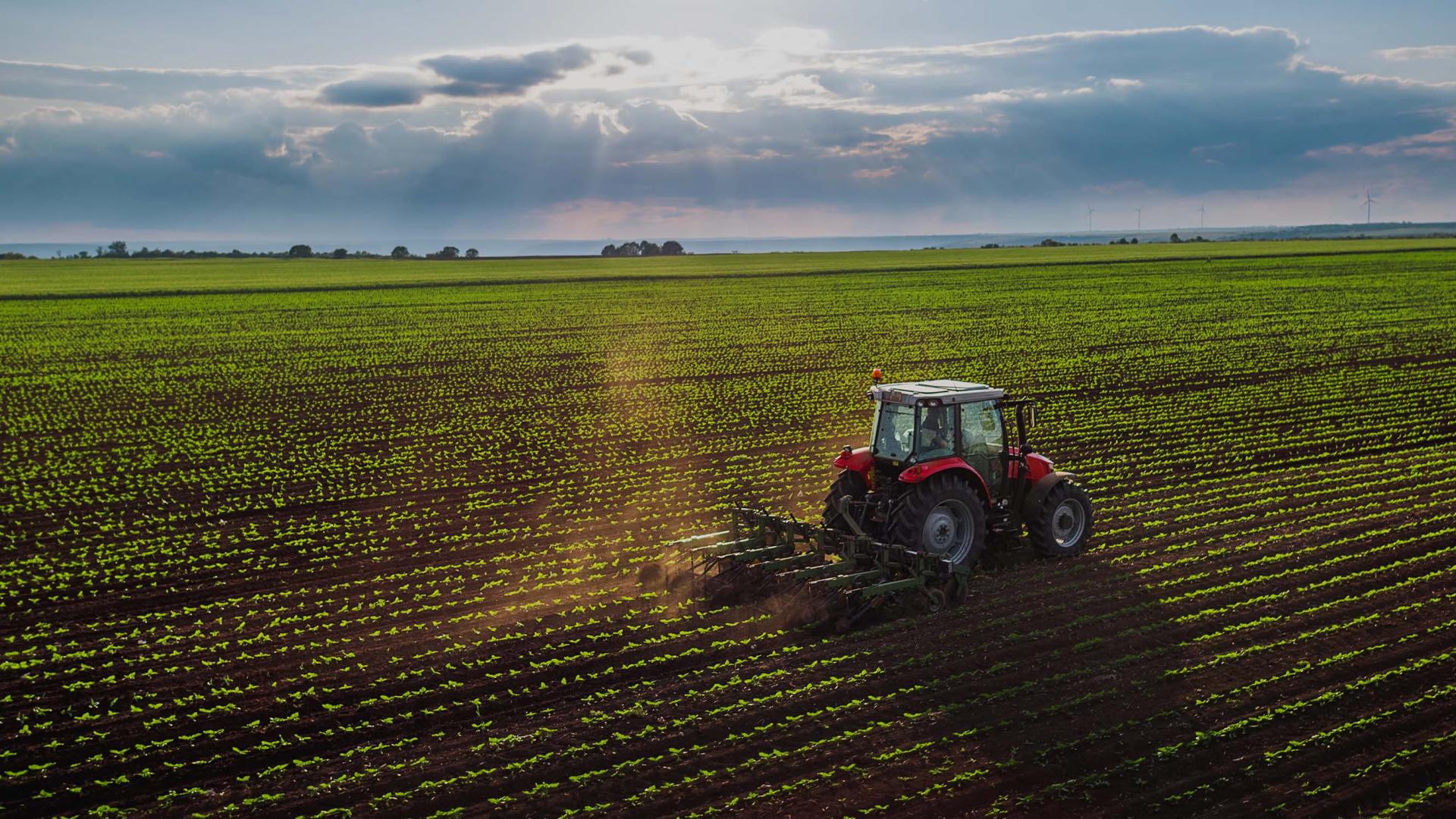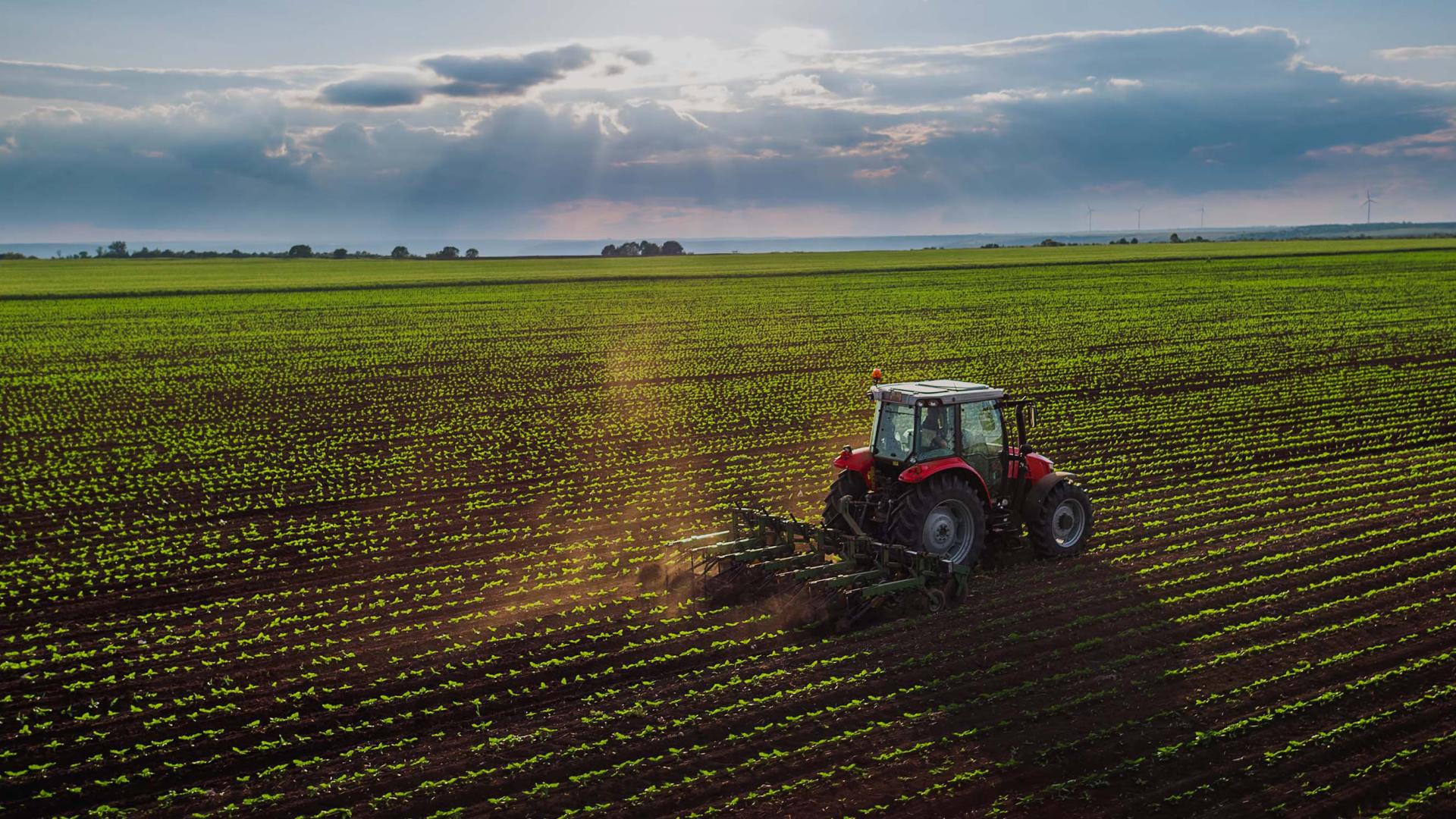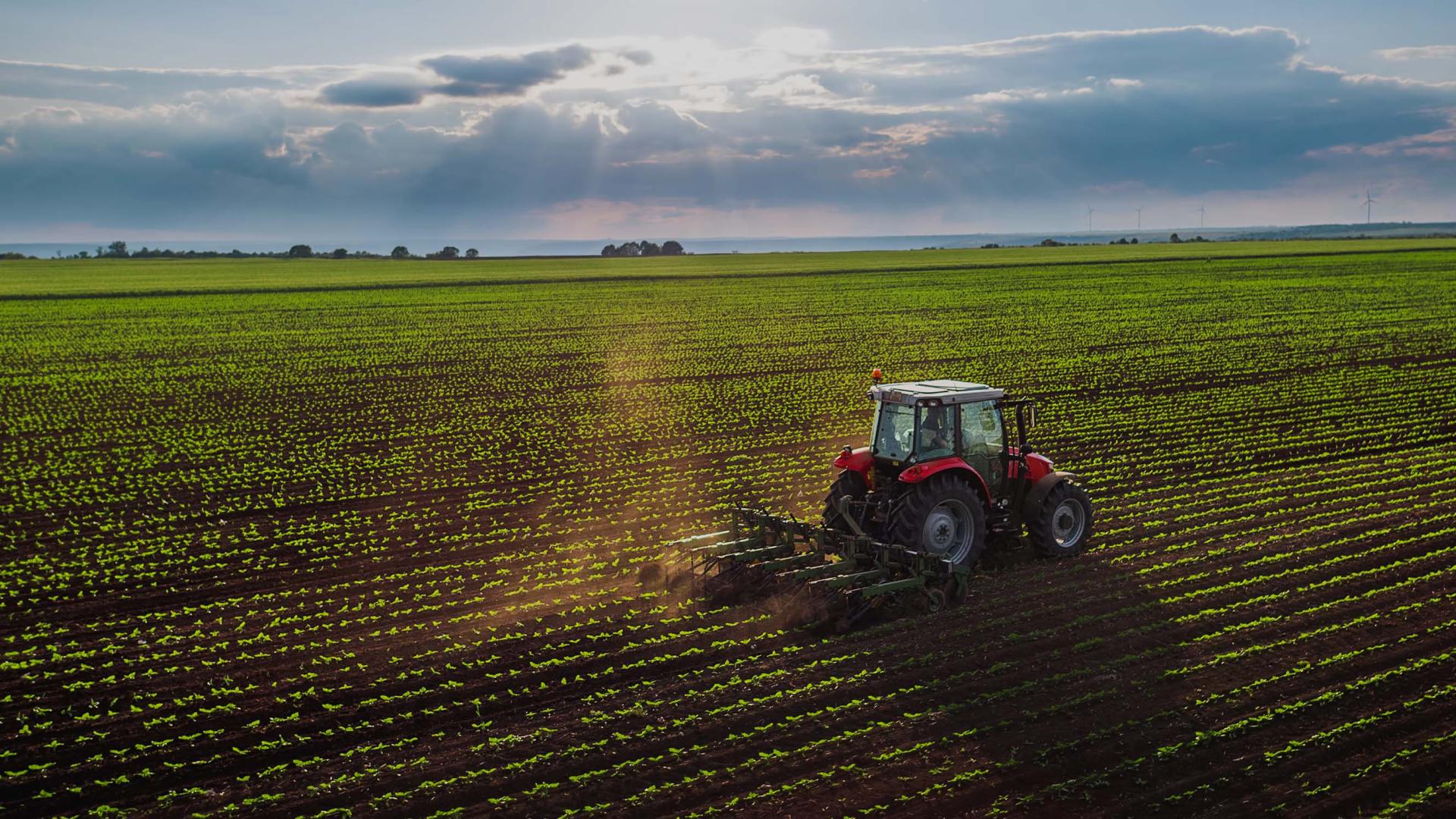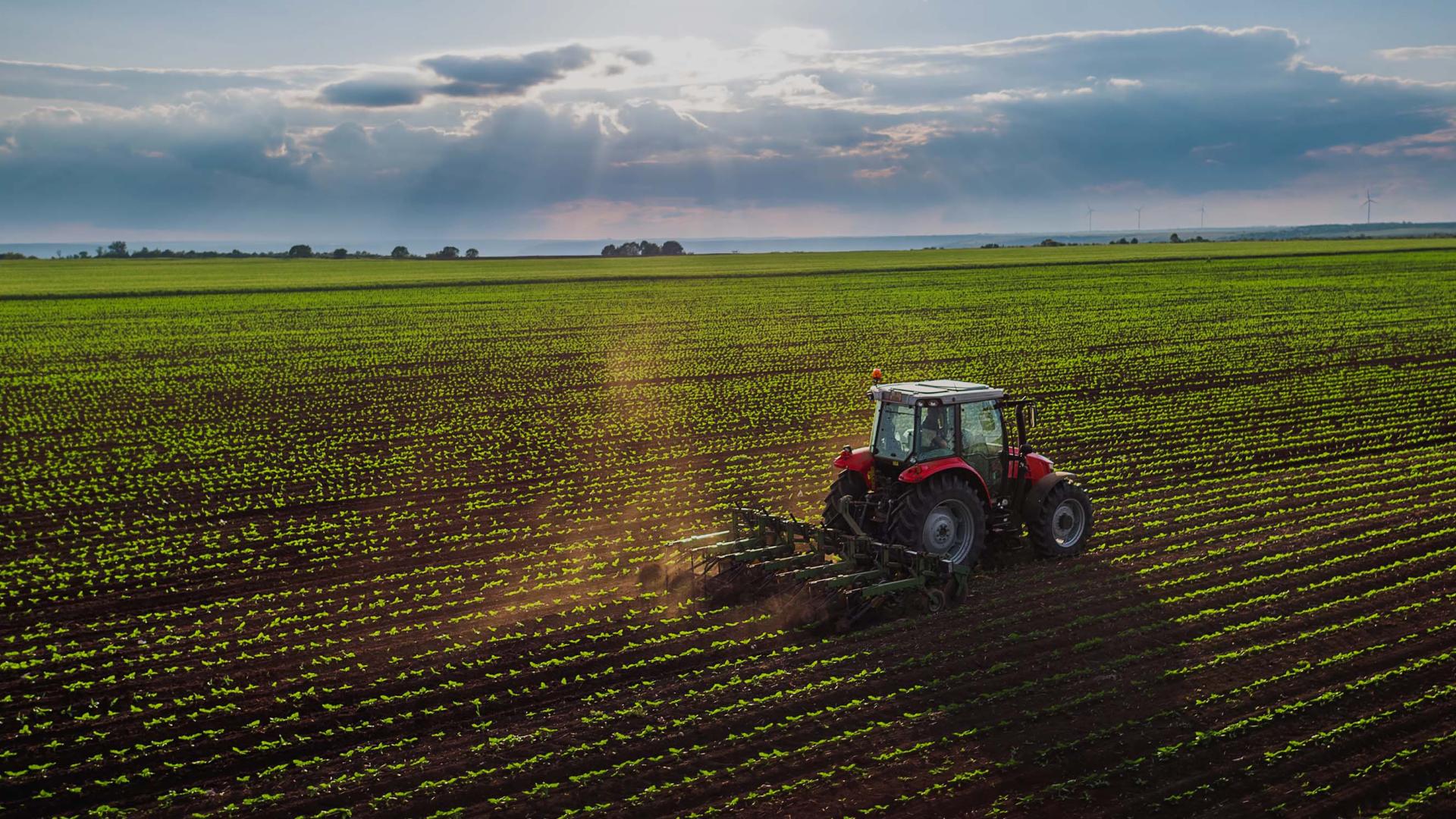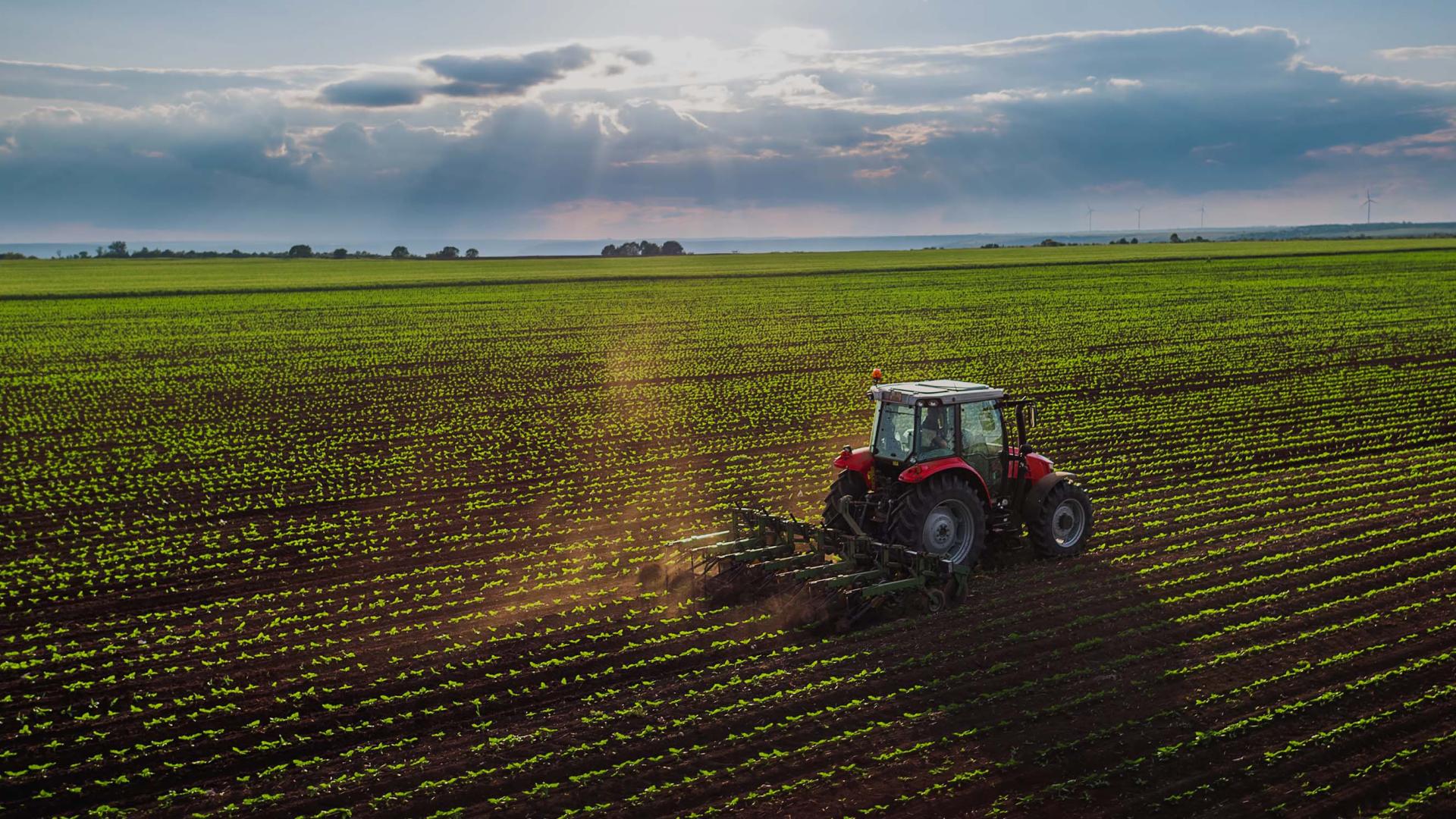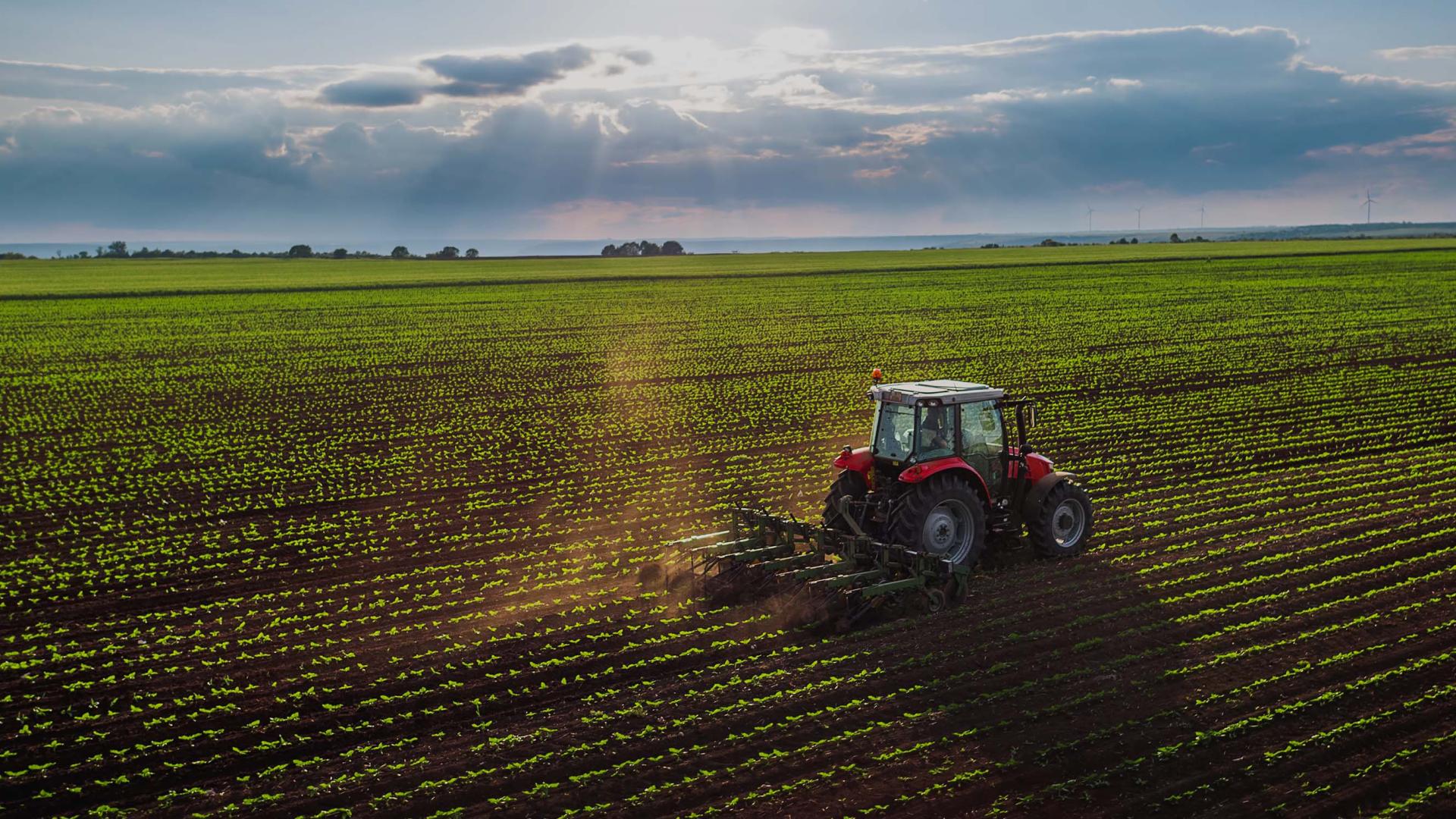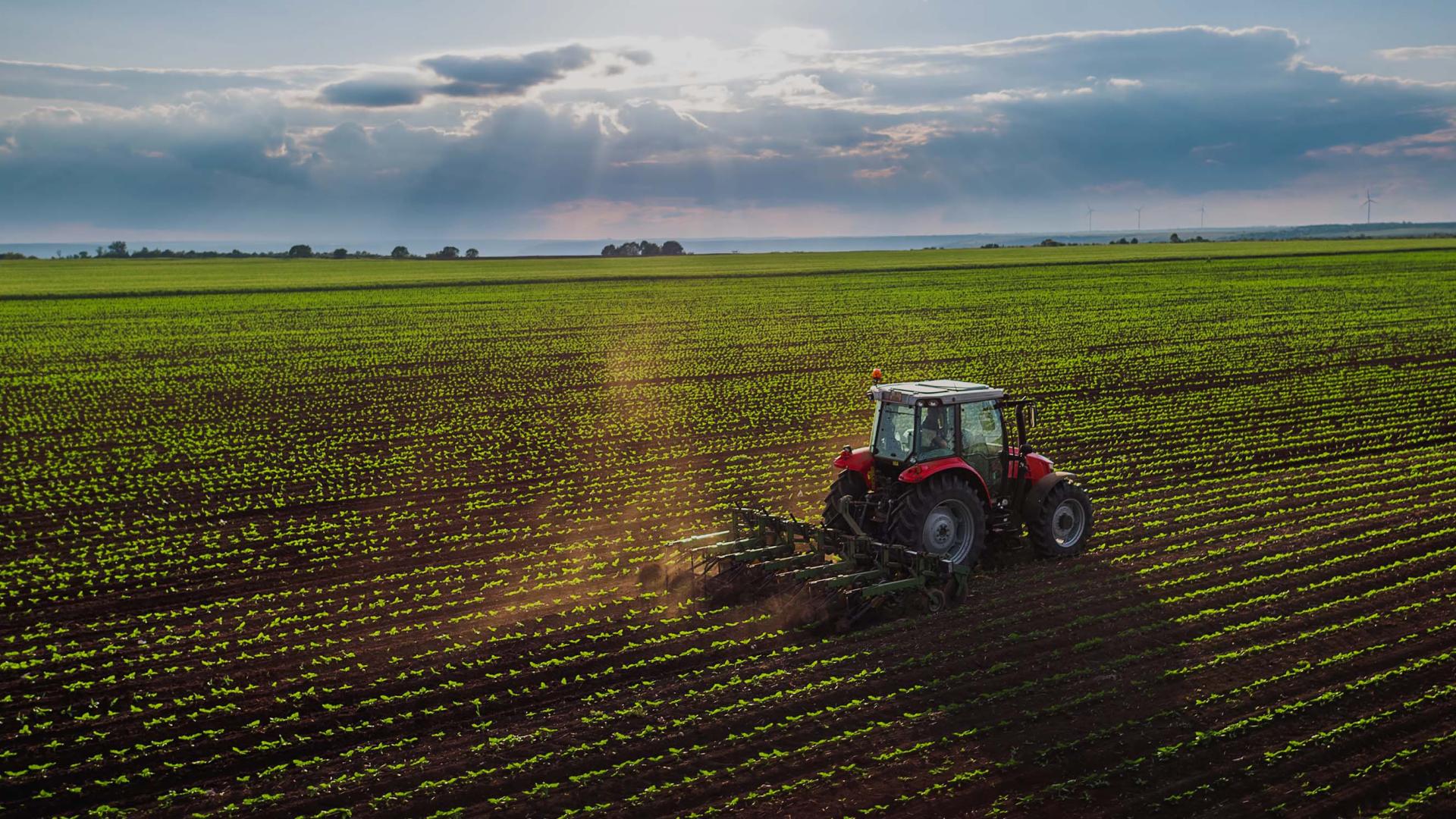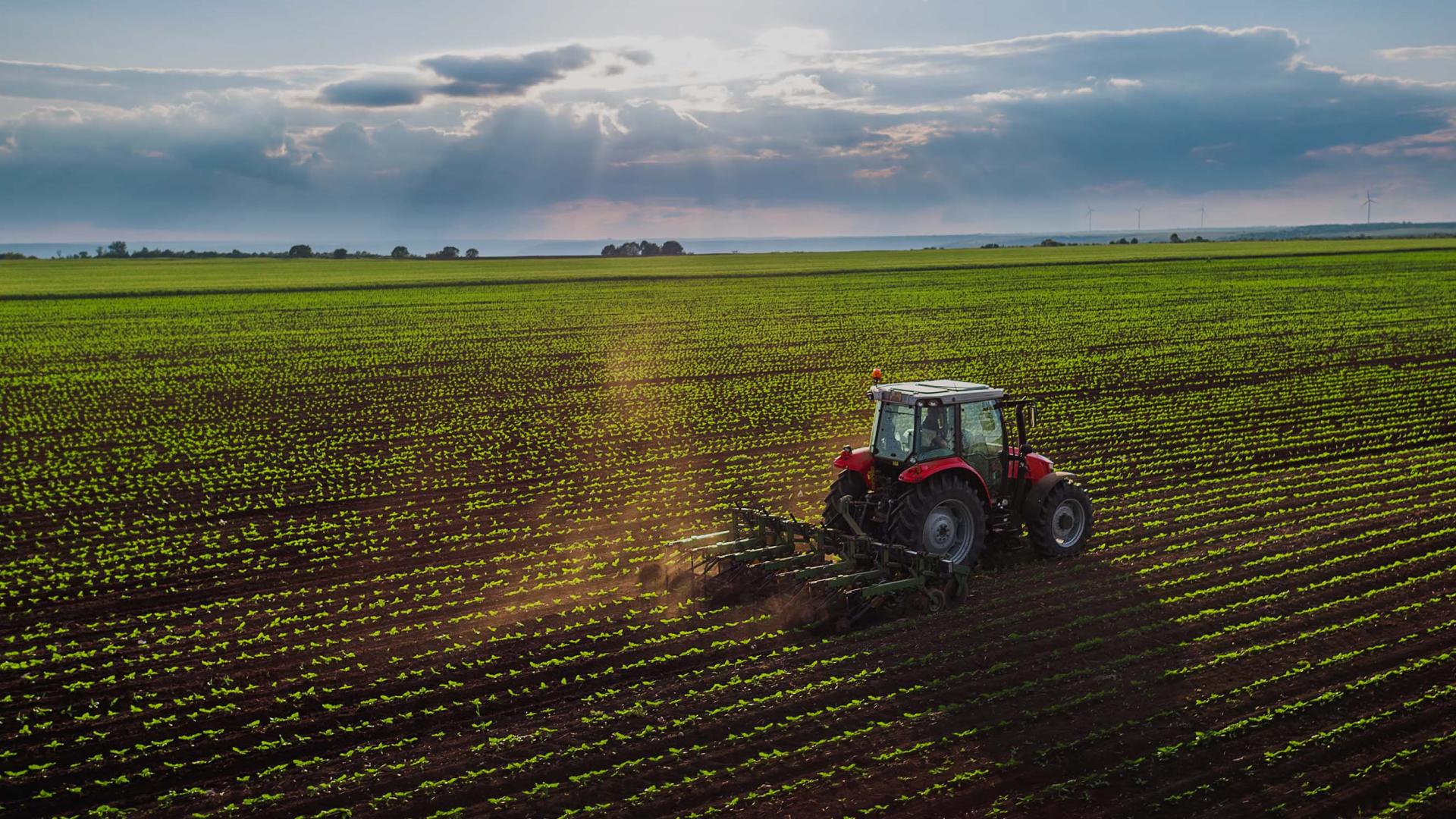Farm shops represent a unique blend of agricultural production and retail commerce, creating distinctive insurance needs that standard bus…
Farm Renewable Energy Insurance: Protecting Your Sustainable Investment
The agricultural sector is increasingly embracing renewable energy solutions, with farms across the UK installing solar panels, wind turbines, biomass systems, and other sustainable energy technologies. While these investments offer significant long-term benefits including reduced energy costs and additional income streams, they also introduce new risks that require specialized insurance coverage.
Understanding Farm Renewable Energy Systems
Modern farms are incorporating various renewable energy technologies to reduce operational costs and create additional revenue streams. Solar photovoltaic systems are the most common installation, often mounted on barn roofs or ground-mounted in unused field areas. Wind turbines, both small domestic units and larger commercial installations, are becoming increasingly popular on farms with suitable wind conditions. Biomass systems utilize agricultural waste and dedicated energy crops to generate heat and electricity. Anaerobic digestion plants convert organic waste into biogas, providing both waste management solutions and energy generation. Hydroelectric systems harness water flow from streams and rivers crossing farm property.
Unique Insurance Risks for Farm Renewable Energy
Farm renewable energy installations face distinct risks that standard farm insurance policies typically exclude. Weather-related damage poses significant threats, with hail damage to solar panels, wind damage to turbines, and flooding affecting ground-mounted systems. Equipment breakdown can result in substantial repair costs and lost income from energy generation. Theft and vandalism of valuable renewable energy equipment, particularly copper wiring and solar panels, represent growing concerns for rural installations. Fire risks increase with electrical installations, particularly affecting barn-mounted solar systems. Business interruption losses occur when equipment failures prevent energy generation and feed-in tariff payments.
Essential Coverage Components
Comprehensive farm renewable energy insurance should include property damage coverage for the renewable energy equipment itself, including panels, inverters, turbines, and associated infrastructure. Business interruption insurance covers lost income from energy generation during repair periods, including feed-in tariff payments and energy savings. Public liability coverage protects against third-party claims arising from renewable energy operations, such as injury from turbine blade throw or electrical incidents. Employers liability insurance covers farm workers involved in renewable energy system maintenance and operation. Professional indemnity coverage may be required for farms offering energy consultancy or installation services to other properties.
Solar Panel Insurance Considerations
Solar installations require specific coverage considerations due to their exposure and value. Panel efficiency degradation coverage protects against performance losses beyond normal aging. Inverter replacement coverage addresses the most common failure point in solar systems. Mounting system coverage protects against structural failures that could damage both panels and underlying buildings. Weather protection should specifically address hail, wind uplift, and snow loading risks common in agricultural environments. Theft coverage must account for the high resale value and accessibility of farm-mounted solar equipment.
Wind Turbine Insurance Specifics
Wind turbine insurance requires specialized underwriting due to the complex mechanical nature of these systems. Mechanical breakdown coverage addresses gearbox failures, generator problems, and blade damage. Third-party liability coverage must account for the extended risk zone around turbines, including blade throw scenarios. Business interruption coverage should reflect the high capacity factors typical of well-sited farm turbines. Specialized repair coverage addresses the unique challenges of turbine maintenance in rural locations, including crane access and specialist technician availability.
Biomass and Biogas System Coverage
Biomass and anaerobic digestion systems present unique fire and explosion risks requiring specialized coverage. Equipment breakdown insurance must address the complex mechanical and biological processes involved. Environmental liability coverage protects against pollution incidents from system failures. Business interruption coverage should account for the continuous operation requirements of these systems. Feedstock coverage may be necessary to protect stored biomass materials and energy crops.
Integration with Existing Farm Insurance
Farm renewable energy insurance must integrate carefully with existing agricultural insurance policies to avoid coverage gaps or overlaps. Many standard farm policies exclude renewable energy equipment, requiring separate specialized coverage. Coordination is essential between farm property insurance and renewable energy coverage to ensure seamless protection. Liability coverage limits should be reviewed to ensure adequate protection for the increased risks associated with energy generation activities.
Regulatory and Compliance Considerations
Renewable energy installations must comply with various regulations affecting insurance requirements. Feed-in tariff agreements may specify minimum insurance requirements that must be maintained throughout the contract period. Planning permission conditions often include insurance and safety requirements that must be reflected in coverage. Health and safety regulations for renewable energy systems may mandate specific liability coverage levels. Grid connection agreements typically require comprehensive insurance coverage before connection approval.
Risk Management and Loss Prevention
Effective risk management can significantly reduce insurance premiums and improve system reliability. Regular maintenance schedules should be documented and followed to prevent equipment breakdown claims. Security measures including CCTV, lighting, and fencing help prevent theft and vandalism. Weather monitoring systems can provide early warning of conditions that might damage equipment. Emergency response procedures should be established for system failures or safety incidents.
Claims Management and Business Continuity
When renewable energy equipment fails, prompt claims handling is essential to minimize business interruption losses. Specialized adjusters with renewable energy expertise should be engaged for complex claims. Temporary power arrangements may be necessary during extended repair periods. Documentation of energy generation losses is crucial for business interruption claims. Manufacturer warranties should be coordinated with insurance coverage to maximize recovery.
Cost Factors and Premium Considerations
Several factors influence farm renewable energy insurance premiums. System size and complexity directly affect coverage costs, with larger installations requiring higher premiums. Location factors including weather exposure, security risks, and emergency service access impact pricing. System age and maintenance history affect breakdown coverage costs. Claims history and risk management measures can significantly influence premium levels. Deductible levels should be balanced against premium savings and cash flow considerations.
Future Developments and Emerging Risks
The renewable energy insurance market continues to evolve with advancing technology and changing regulations. Battery storage systems are increasingly being added to farm renewable energy installations, requiring additional coverage considerations. Smart grid integration introduces cyber security risks that may require specialized coverage. Climate change may affect weather-related risks and require coverage adjustments. Government policy changes could impact the economics and insurance requirements of renewable energy systems.
Selecting the Right Insurance Provider
Choosing an insurer with renewable energy expertise is crucial for adequate protection. Specialized renewable energy insurers often provide better coverage terms and claims handling than general agricultural insurers. Policy terms should be carefully reviewed to ensure all system components and risks are covered. Claims handling procedures and adjuster expertise should be evaluated before policy purchase. Financial strength ratings of insurers are particularly important for long-term renewable energy investments.
Conclusion
Farm renewable energy insurance represents a critical component of sustainable agricultural investment protection. As farms increasingly adopt renewable energy technologies, specialized insurance coverage becomes essential to protect these valuable assets and income streams. Proper coverage should address the unique risks associated with renewable energy systems while integrating seamlessly with existing farm insurance arrangements. Working with experienced insurance professionals who understand both agricultural operations and renewable energy systems ensures comprehensive protection for these important investments in sustainable farming futures.
Get Expert Farm Renewable Energy Insurance Advice
For specialized farm renewable energy insurance coverage tailored to your agricultural operations, contact Insure24 at 0330 127 2333 or visit www.insure24.co.uk for a comprehensive quote.


 0330 127 2333
0330 127 2333
